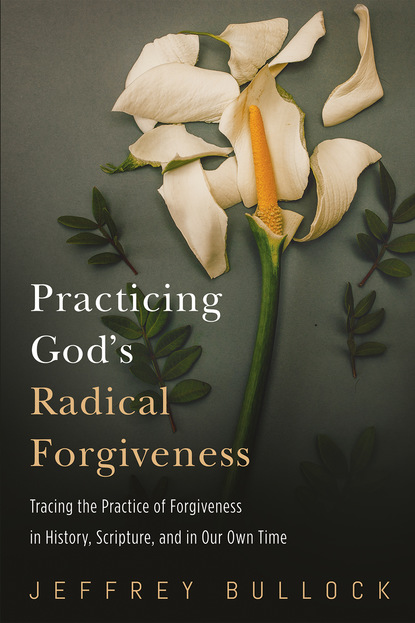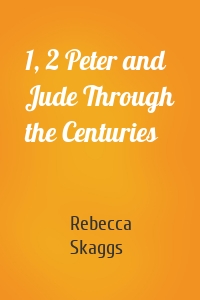
Practicing God’s Radical Forgiveness скачать fb2
Jeffrey Bullock - Practicing God’s Radical Forgiveness краткое содержание
Forgiveness marks one of the most important issues of our time. If the enormous number of books and articles are a measure, then forgiveness–our forgiveness of others and forgiveness for ourselves–appeals to our deepest concern. It's a challenge to determine just what we mean when we speak of «forgiveness.» Any discussion will reveal that our shared understanding and practices of forgiveness quickly diverge. For example, is it the same thing to forgive a child, a criminal, a malicious acquaintance, or someone who's inadvertently done us harm? Likely, no. We'll discover in this book that how we understand and practice forgiveness has shifted and changed through history, formed by cultural context. Even biblically, our understanding of forgiveness has altered over time. We'll unpack the importance of this cultural history and then turn to the three strands of forgiveness that together form our modern practice of forgiveness. First, the personal and therapeutic forgiveness. Second, the communal forgiveness that's valued for its power to resolve conflict, renew relationships, and restore peace. Finally, the divine, God's absolute unconditional forgiveness, a forgiveness we'll discover that undergirds every other way we understand forgiveness.
Скачать книгу «Practicing God’s Radical Forgiveness» Jeffrey Bullock
Чтобы оставить свою оценку и/или комментарий, Вам нужно войти под своей учетной записью или зарегистрироваться



